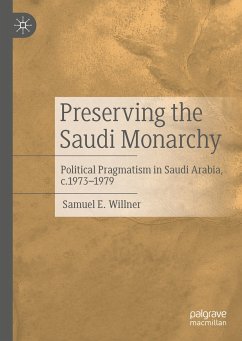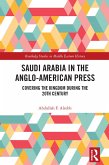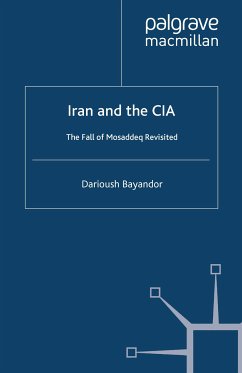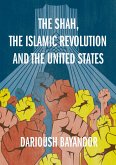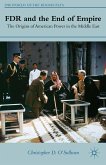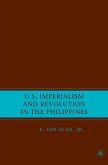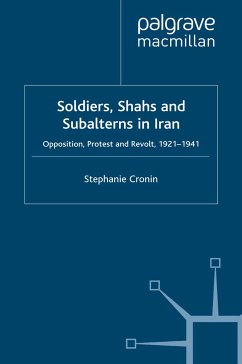This book provides a new perspective on the study of the Kingdom of Saudi Arabia and its monarchy - its political leadership and decisions. Moreover, it analyzes how that decision-making evolved before, during, and after the Arab-Israeli War of 1973, and the subsequent Arab oil embargo that followed; the run-up to and aftermath of the 1975 murder of King Faysal; discussions over the oil weapon; and Saudi responses to the Carter presidency in the United States. Through the prism of tribal decision-making, this book sheds new light on a number of important political events, which have shaped the political leadership in Saudi Arabia, and explores the behind-the-scenes workings of the Saudi royal family.
Samuel Willner is Research Fellow at the University of Haifa, Israel.
Dieser Download kann aus rechtlichen Gründen nur mit Rechnungsadresse in A, B, BG, CY, CZ, D, DK, EW, E, FIN, F, GR, HR, H, IRL, I, LT, L, LR, M, NL, PL, P, R, S, SLO, SK ausgeliefert werden.

